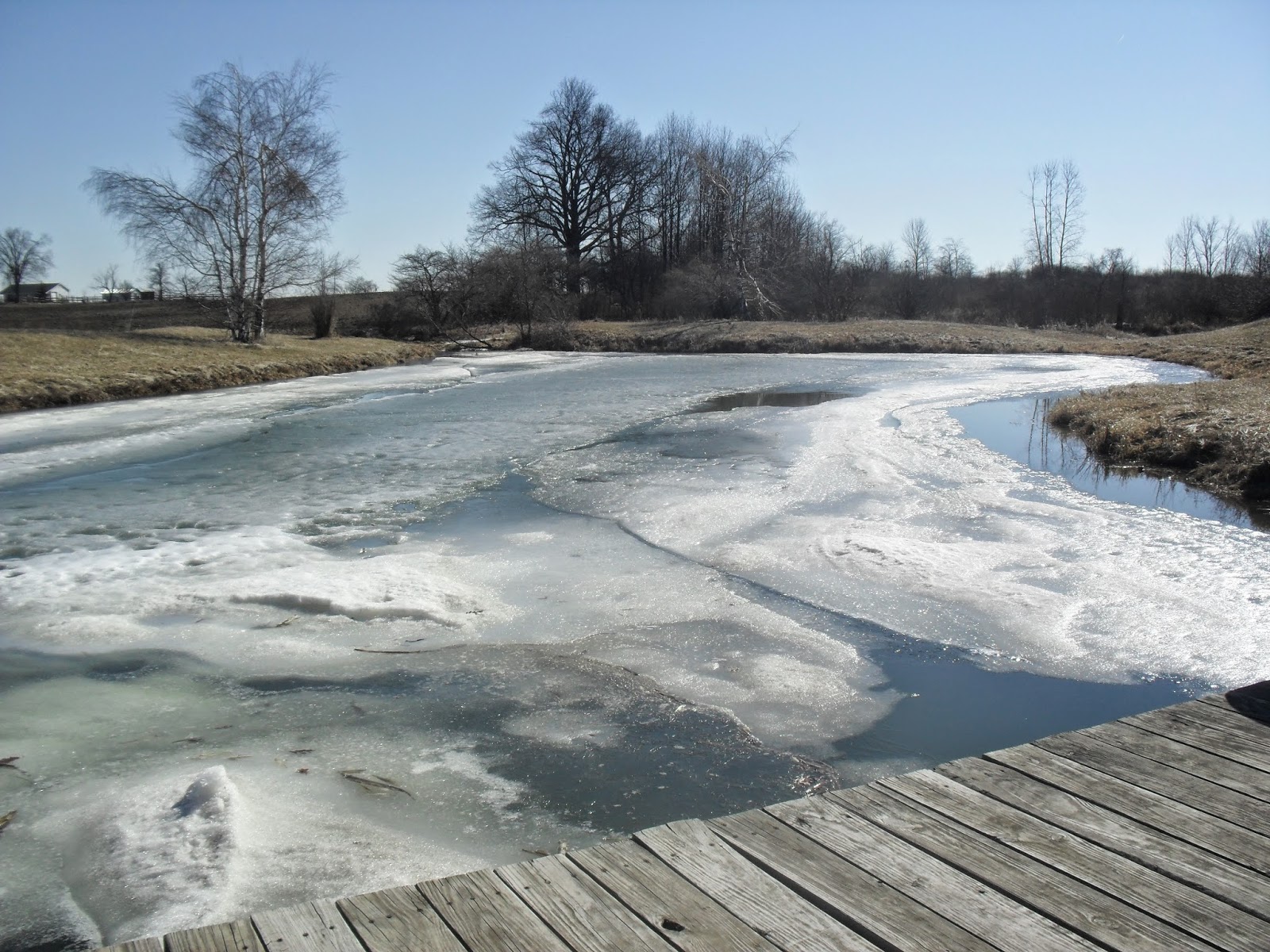Memory is like a foggy morning: as the fog lifts, things take shape. A foggy morning pleases my writer's heart, like nature and seclusion. Upon awaking to fog, I want to light candles and brew coffee. I want it to stay like this: still and quiet.
Nothing except in things.
So, I've decided to write a memoir, triggered by a contest notice. I'd never thought I had a life others would want to read about, but as I thought this over, I decided that wasn't true and began to dig around in my head for the childhood events that stand out like signposts. As one was unveiled and examined another emerged, like trees in a fogbank.
Do you ever wonder what made you the person you are today? How you got to where you are, why some things matter to you and other don't? What your career choices have been and the people you are attracted to and the ones who repel? Writing a memoir is to take an untraveled road of discovery. And I've had the strangest, most vivid dreams of places and things and people I've not thought about in a long time. Do you wonder at the mother-lode of memory buried in our brains, waiting to be brought to light and shared?
I'm an environmentalist because my father is and my grandfather was, as was his and so on. Though they didn't call themselves that, any farmer who farms the land in a sustainable way and raises grazing animals while adhering to the time-honored practice of husbandry, is essentially an environmentalist. On road trips, Dad was constantly pointing out things of interest, from a herd of cattle to a hawk to the setting sun. He never let nature go unnoticed and while we might have been prone to day-dreaming in the backseat or squabbling about who was touching who, he drew our attention out the window to the vista in front of us or the one behind.
So that is one signpost in the road I've traveled to become the person I am today. But there are things I'm afraid to write about too, as sure as the fog will lift and the noise intrude. It takes a lot of courage to write a memoir and I commend the masters of this genre, namely Jeannette Walls who wrote
The Glass Castle. And while I never led that nomadic of a life, it hasn't been one without interest and intrigue.
I've always found the idea of a "residency" intriguing. This farm might serve as my residency, except family obligations and chores always interfere. Life intrudes. That's the beauty of a true residency. Nothing intrudes between you and the writing. Dare I apply for a residency? Could I be gone for two weeks to participate in an endeavor that society places little value on? Many would see it as selfish and self-absorbed. I would see it as the gift and opportunity of a lifetime.
The closest I've ever come to a residency was a friend's summer house on a wake-free lake in Gladwin. I stayed there by myself for three days, nothing but loons, lily pads, jumping pike and grazing cattle in a field on the other side. I loved every single solitary minute. I wasn't afraid. I spread my manuscript out around the living room (itself, a luxury) and let it absorb every waking moment, stopping only to eat and sleep. In three days I edited fifty pages, wrote a poem and penned two or three sentences of another idea. Think what could be done with two weeks!



